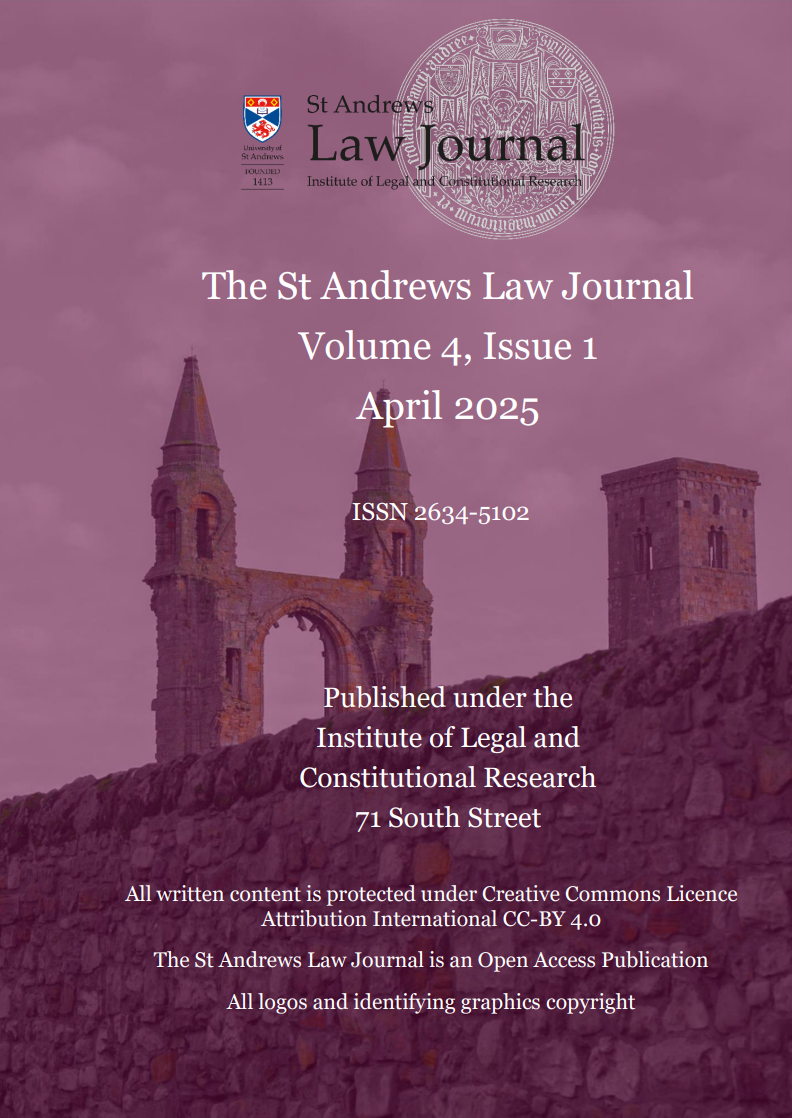Achieving Environmental Justice: The Role of Climate Finance and International Cooperation between Developed and Developing Countries
Main Article Content
Abstract
As climate change continues to exert systemic impacts worldwide through physical and transitional risks, the environmental justice gap between developed and developing countries is becoming increasingly pronounced. Addressing the complex challenge of balancing economic development with the demands of climate change adaptation and mitigation requires in-depth exploration. This paper aims to propose solutions better suited to resolving environmental justice issues arising from climate change. The paper begins by examining the impacts of climate-related risks on both developed and developing countries, analyzing how these risks contribute to environmental justice challenges. It then provides a detailed overview of the historical cooperation between developed and developing nations through a series of international treaties to advance climate finance. Furthermore, it critically evaluates how the failures of these treaties and cooperative efforts have exacerbated environmental justice issues. Finally, the paper highlights the advantages of green bonds in achieving distributive, intergenerational, and procedural justice, demonstrating the potential of this financial tool to promote environmental justice.
Article Details

This work is licensed under a Creative Commons Attribution 4.0 International License.
Authors who publish with this journal agree to the following terms:
- Authors retain copyright and grant the journal right of first publication with the work simultaneously licensed under a Creative Commons Attribution License that allows others to share the work with an acknowledgement of the work's authorship and initial publication in this journal.
- Authors are able to enter into separate, additional contractual arrangements for the non-exclusive distribution of the journal's published version of the work (e.g., post it to an institutional repository or publish it in a book), with an acknowledgement of its initial publication in this journal.
- Authors are permitted and encouraged to post their work online (e.g., in institutional repositories or on their website) prior to and during the submission process, as it can lead to productive exchanges, as well as earlier and greater citation of published work (See The Effect of Open Access).

